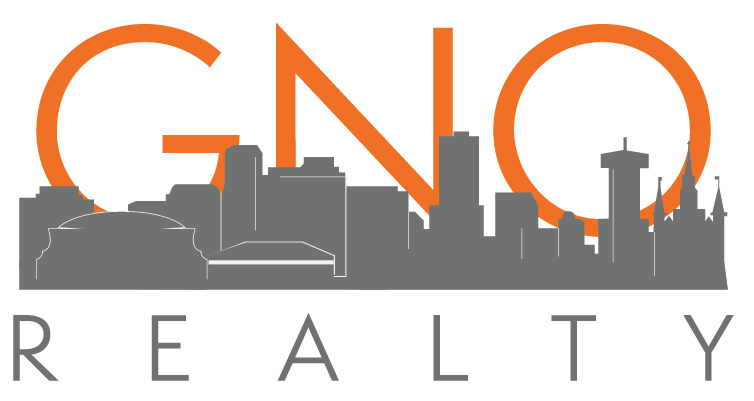Buying your first house is a massive investment, and there’s a lot to consider before you’re ready to take the plunge. The fluid real estate market is complex, and the stakes are high. It’s important to do your homework and know what you’re getting into. Here’s a first-time homebuyer’s guide to get you started.

The Basics of a Home Mortgage
A mortgage loan is a kind of financing that allows you to buy a home. There are four different mortgage types that can be used to purchase a home, depending on your financial situation, as well as the kind of property you are looking to buy.
The first mortgage type is called a conventional loan, which is typically the most common type of mortgage taken out by first-time homebuyers. This mortgage is offered by private lenders.
Another mortgage type is the VA loan, which is offered specifically to veterans and their family members. To qualify for this mortgage, you must have served in the military for at least two years and meet income requirements.
A third mortgage option is the USDA loan, which is designed specifically for buyers who want to purchase homes in rural areas. Like the VA loan, this mortgage has specific income requirements and may include support programs such as down payment assistance or free mortgage counseling services.
Finally, there is the FHA loan, which stands for Federal Housing Administration loan. This mortgage option is widely available to both first-time and experienced borrowers who may not qualify for other types of loans due to various factors including credit history or income level.
Regardless of the type of mortgage you choose, it’s important to get pre-approved for a loan before you start shopping for a home. Pre-approval gives you an honest estimate of how much you can borrow and also locks in an interest rate for a period of time, which can save you money in the long run.
The Money and Numbers You'll Need to Buy a House
When you buy a house with a mortgage loan, there are a number of expenses that you’ll need to pay out-of-pocket. These include the earnest money deposit, down payment, and closing costs.
The earnest money deposit is a sum of money that is paid to the seller at the time of contract signing. This money is held in escrow and is applied towards the purchase price of the home if the sale goes through. If the sale falls through, the earnest money is returned to the buyer. The earnest money deposit is typically 1-3% of the purchase price. For example, on a $200,000 home, the earnest money deposit would be $2,000-$6,000.
The down payment is another expense that is paid at contract signing. Unlike the earnest money deposit, the down payment is not held in escrow and is not refundable if the sale falls through. The down payment is typically 20% of the purchase price. For example, on a $200,000 home, the down payment would be $40,000.
You’ll also need a credit score of 620 or better, a 36% or lower debt-to-income ratio, and fit within the 28/36 rule, which states that your mortgage payment (including principal, taxes, insurance, and HOA dues) should not exceed 28% of your gross monthly income, and your total debt payments (including your mortgage payment, car loans, student loans, etc.) should not exceed 36% of your gross monthly income.
Picking the Best Buyers' Agent
A buyers’ agent is a real estate professional who works specifically with homebuyers, providing assistance and guidance throughout the buying process.
One of the main benefits of working with a buyers’ agent is that they can help you navigate the often-complicated real estate market, saving you valuable time and energy.
Additionally, buyers’ agents have extensive knowledge about local real estate trends and pricing, so they can provide valuable insights into which properties may be a good fit for your needs and budget.
Other key tasks performed by buyers’ agents include conducting property searches based on your specific criteria; helping to assess potential homes and offer feedback; negotiating on your behalf during the buying process; and managing all paperwork involved in buying a home.
House-Hunting, Offers, and Negotiations
When you’re ready to start house-hunting, there are a few things you should keep in mind. First, it’s important to have a clear idea of your budget and what you’re looking for in a home.
Once you’ve done your research, you can start working with a real estate agent to help you find the right property. When you’ve found a home you’re interested in, your agent will help you submit an offer.
The seller will then either accept, reject, or counter your offer. If they counter your offer, your agent will work with them to negotiate a price that’s acceptable to both parties.
The Closing Process
One of the most exciting steps in the home buying process is the closing. This is when the sale of the home is finalized and you receive the keys to your new home. However, there are a few important steps that must be completed before the closing can take place.
First, the title search must be conducted to ensure that there are no outstanding liens or judgments against the property. Next, an appraisal will be conducted to determine the fair market value of the home. Once these steps have been completed, an inspection will be conducted to identify any possible issues with the property.
When all these steps have been completed, the closing documents will be signed, and you will pay any remaining expenses associated with the purchase of the home. Finally, you will receive the keys to their new home and begin the process of moving in.
Conclusion
Buying a home is a big decision, but it doesn’t have to be a stressful one. By following these simple tips, you can make the process of buying your first home a smooth and enjoyable experience. Talk with your agent, be clear about your budget and what you’re looking for, and don’t be afraid to negotiate. With a little preparation, you’ll be moving into your first home before you know it.



